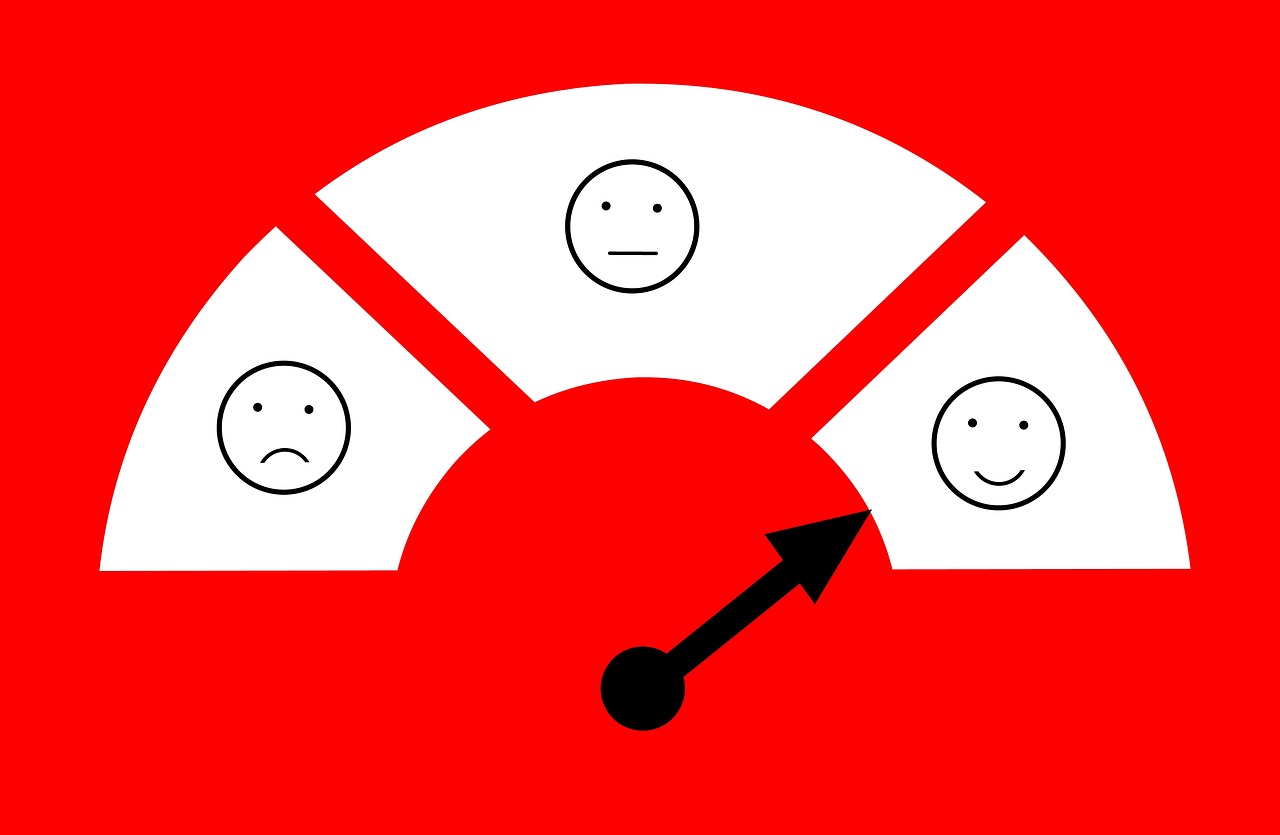My brain has too many tabs open

“Life is what you make it. Always has been, always will be.” (Eleanor Roosevelt)
(a blog for overthinkers)
I must admit to being quite a fan of Eleanor Roosevelt. Even though she was born into and lived a life of privilege, she was a trailblazer for human rights and equity. She also played a significant role in drafting the Universal Declaration of Human Rights amongst many other things.
She had great common sense and whenever I read one of her quotes, I am struck by how insightful she was about life, given that she did have such privilege. Life is what you make it, the highs, and the lows, the good and the bad, and everything in between. But what if you are an overthinker?
There may be times when overthinking can be helpful for a difficult project or situation, but when it takes hold of us, rather than us being in control, the lows in life are so much bigger than the highs. And whenever you see an article or blog about overthinking, do you eagerly click the link hoping it will give you the secret to taming that wild beast in your head?
For the first little while after reading it, you vow that you are going to use the techniques mentioned in the article and it gives you peace and comfort that this time you’ve got this. But before long, you find yourself ruminating over that thing your boss said to you or how you feel stuck in your job and a million other things, and down that slippery slope you slide. Then you feel weak for not being able to overcome what you see as a weakness. If I had a dollar for every time a client shared with me that they felt like there was something wrong with them because of overthinking, I would have at least $100 😊
So, what are the alternatives? In his book, Atomic Habits, James Clear talks about having a system to help us change our habits. He believes (and I agree) that it is not about willpower or self-control when we want to change something, it’s about having a plan in place and the right systems to support any change we want to make. Clear says habits are mental shortcuts learned from experience. (Page 46)
I liken this to learning to drive a car. When we first start, we have no idea what we are doing and gradually with experience we become more proficient. Then we have those days when nothing we do is right. Do we give up? We might feel like it, but we also recognise that we are still learning, and we need to keep going to become proficient. Then if we are lucky enough, we pass our test on the first try but we are still very conscious of our driving. However, once we have enough clicks under our belt, it becomes automatic, something we don’t think about, we just do it.
It’s the same kind of process for decreasing your overthinking. It will never go away altogether, nor would you want it to. Using overthinking at the right times is what has led to some of your successes. But you want to use it at the right moments in the right amount and not allow it to control you.
If you really want to make some changes, you must be prepared to put the work in the same as you would when learning any other skill. I highly recommend the book Atomic Habits or if you need somebody to keep you accountable, get yourself a coach, it will be the best investment you can ever make in yourself. Remember ‘Life is what you make it’
If you want to find out more go to https://sharonstoneconsulting.com.au/personal-development-life-coach-sydney/ or call me to organise a free 30-minute consultation









